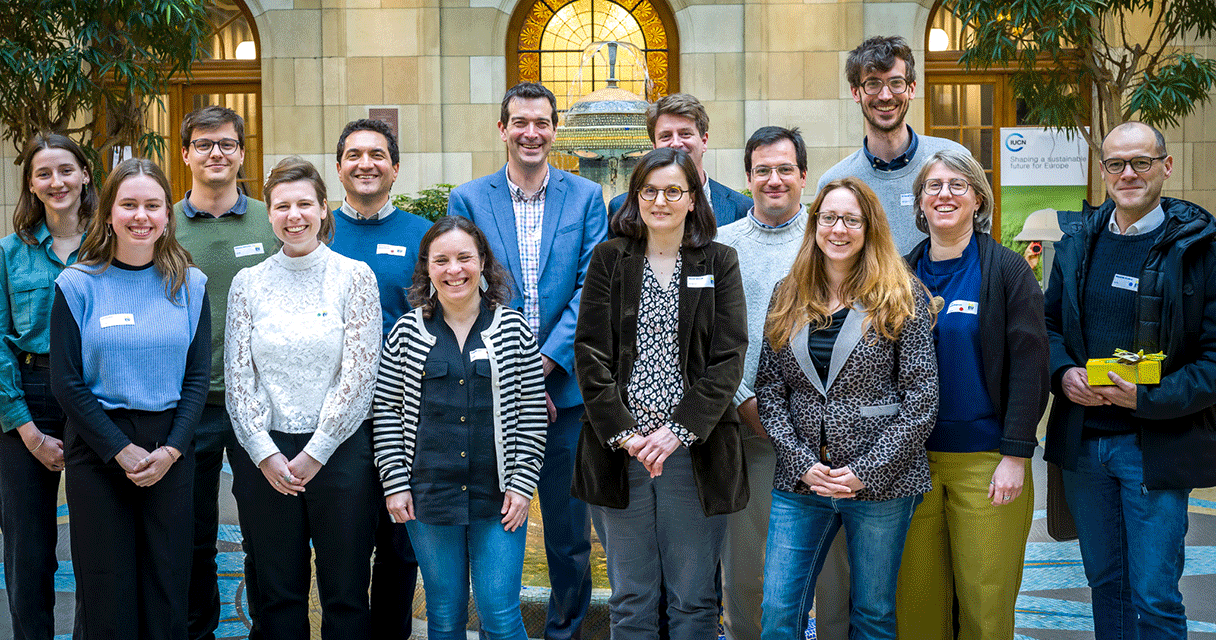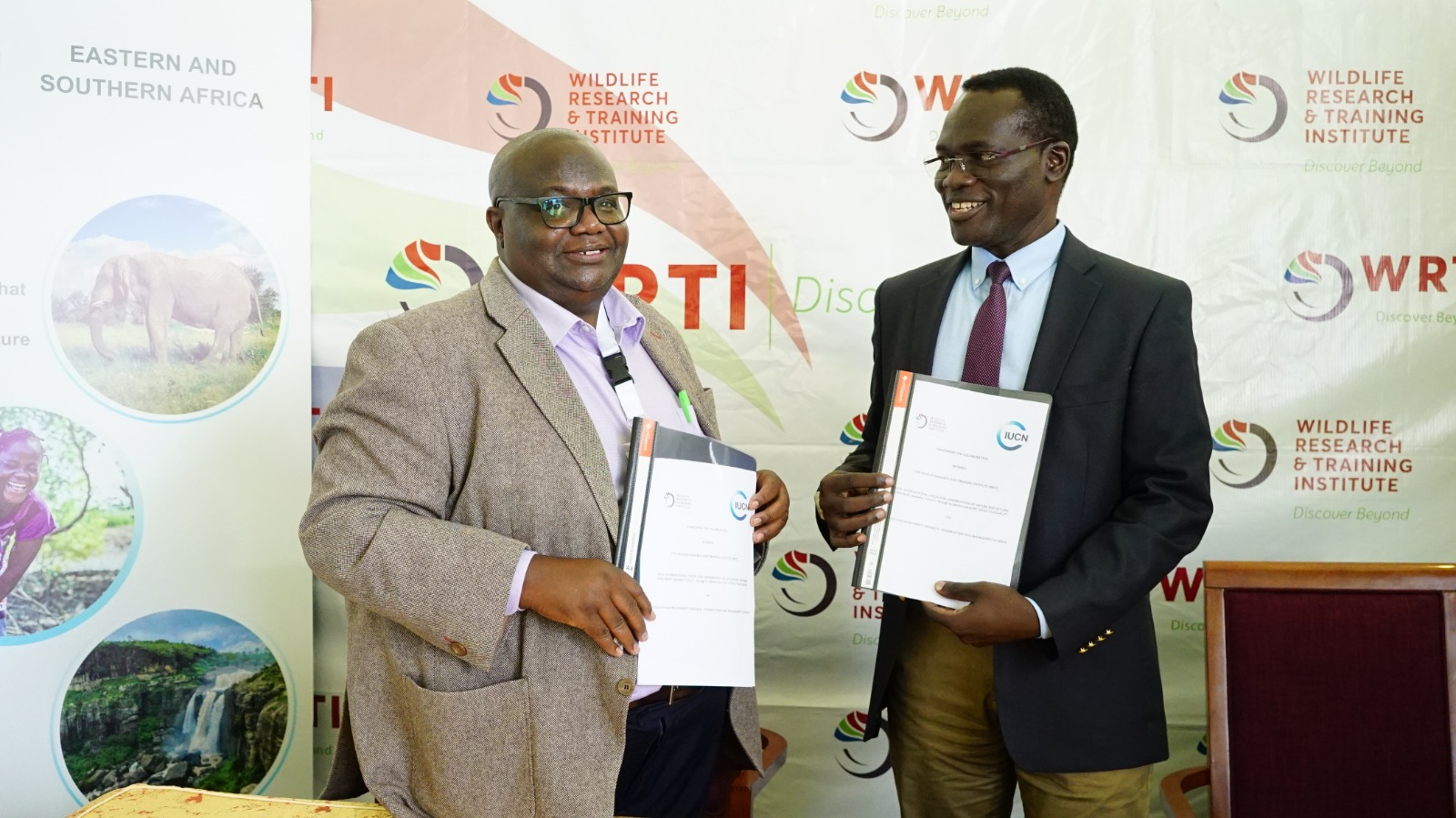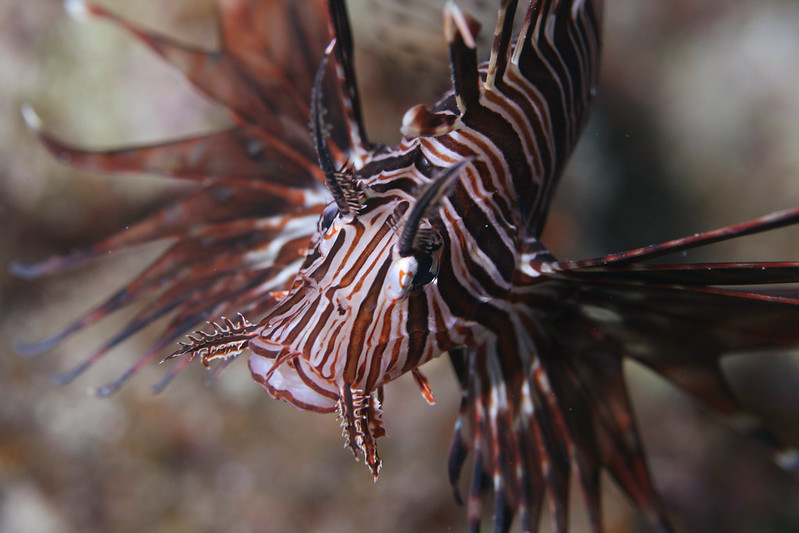IUCN leads development of a new manual for the management of invasive alien species in the EU, incorporating animal welfare
Led by IUCN, a manual to support EU Member States and other stakeholders with incorporating animal welfare into their management of invasive alien species (IAS) of Union concern has been published.

The publication, “Manual for the management of vertebrate invasive alien species of Union concern, incorporating animal welfare”, presents all measures that are available to eradicate and control the 22 vertebrate IAS included in the EU Regulation on IAS (listed as of December 2021). For each measure, information on their costs, effectiveness, side effects, and crucially, on their impacts upon animal welfare is provided, alongside case studies on their application. Users of the manual are strongly encouraged to adopt the method with the lowest welfare impact, without compromising the effectiveness of the management measures and as appropriate to the specific circumstances of the Member States.
This manual is the main output of a project funded through the European Commission. The EU IAS Regulation requires Member States to ensure that the methods used to manage IAS of Union concern are both effective and that animals are spared any avoidable pain, distress or suffering. The aim of this project was to provide support to Member States, and others, to incorporate animal welfare considerations into IAS management, therefore strengthening the application of the Regulation.
The project brought together IUCN and its SSC Invasive Species Specialist Group (ISSG), with the UK’s Animal and Plant Health Agency, Eurogroup for Animals, European Alliance of Rescue Centres and Sanctuaries, European Association of Zoos and Aquaria, and Newcastle University. To produce the manual, the project partners engaged with around 200 experts from across the EU through a series of regional workshops. This includes representatives from national authorities from each Member State, conservation organisations, animal welfare organisations, hunting groups, academia, and zoos and sanctuaries. Through this engagement process, the manual was reviewed, case studies mobilised and the relevant legal frameworks for each Member State identified.
You can access the Manual, additional outputs of the project, and other relevant IAS resources through the European Alien Species Information Network (EASIN) website: https://easin.jrc.ec.europa.eu/easin/Documentation/Codesofconduct



